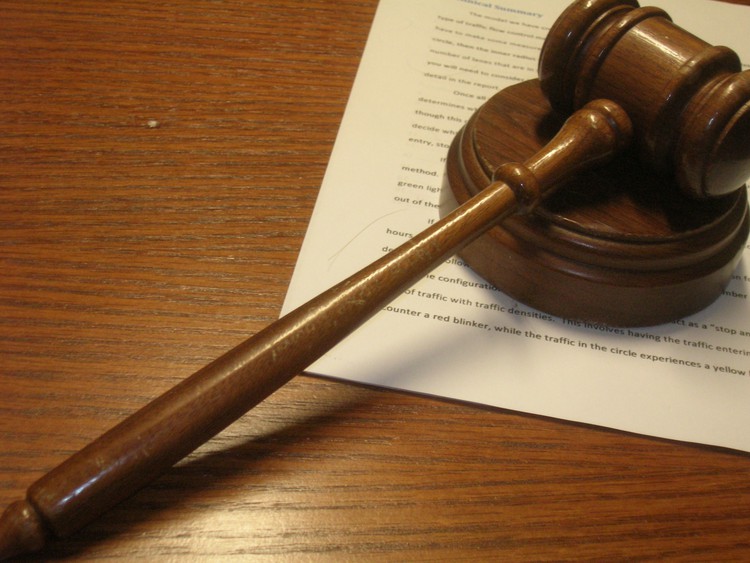More people now qualify for legal aid
Substantial changes made to means testing to account for inflation and the rising cost of living

Legal Aid South Africa, which provides tax-funded legal aid to the poor, amended its means test on 1 April, enabling more people to qualify for legal assistance.
Legal Aid provides independent legal aid services in criminal and civil legal matters. Its means test is determined by the person’s income and the assets that they own. The amendments have substantially changed, accounting for inflation and the rising cost of living.
A person’s qualifying monthly earnings, after tax, must not exceed R7,400, a 35% increase from the previous limit. For a member of a household, the household’s monthly income, after tax, must not exceed R8,000, a 34% increase.
If the applicant does not own immovable property, the value of their movable assets must not exceed R128,000, a 28% increase. If the applicant is a member of a household and owns immovable property, the value of their immovable and movable assets must not exceed R640,000, a 23% increase.
Once the applicant has qualified through the means test, they receive assistance until the matter is finalised.
In the 2017/18 financial year, Legal Aid SA provided representation and advice to about 730,000 people, according to its national legal manager Dick Khubana. In that year, the organisation took on a total of 426,617 new legal matters and finalised a total of 420,061.
“While we cannot quantify the exact figures of clients we are now anticipating … Legal Aid SA is well prepared for the increase in applications … We have implemented efficiency measures to ensure that matters are categorised and scheduled in line with the processes required,” said Legal Aid SA spokesperson Victor Mfanafuthi Shabangu.
Legal Aid SA last amended its means test in 2012. The service is funded by the government.
Support independent journalism
Donate using Payfast

Next: Minister makes big promises about R280-million Baartman centre
Previous: Faeces spread in president’s path
© 2019 GroundUp.
This article is licensed under a Creative Commons Attribution-NoDerivatives 4.0 International License.
You may republish this article, so long as you credit the authors and GroundUp, and do not change the text. Please include a link back to the original article.
